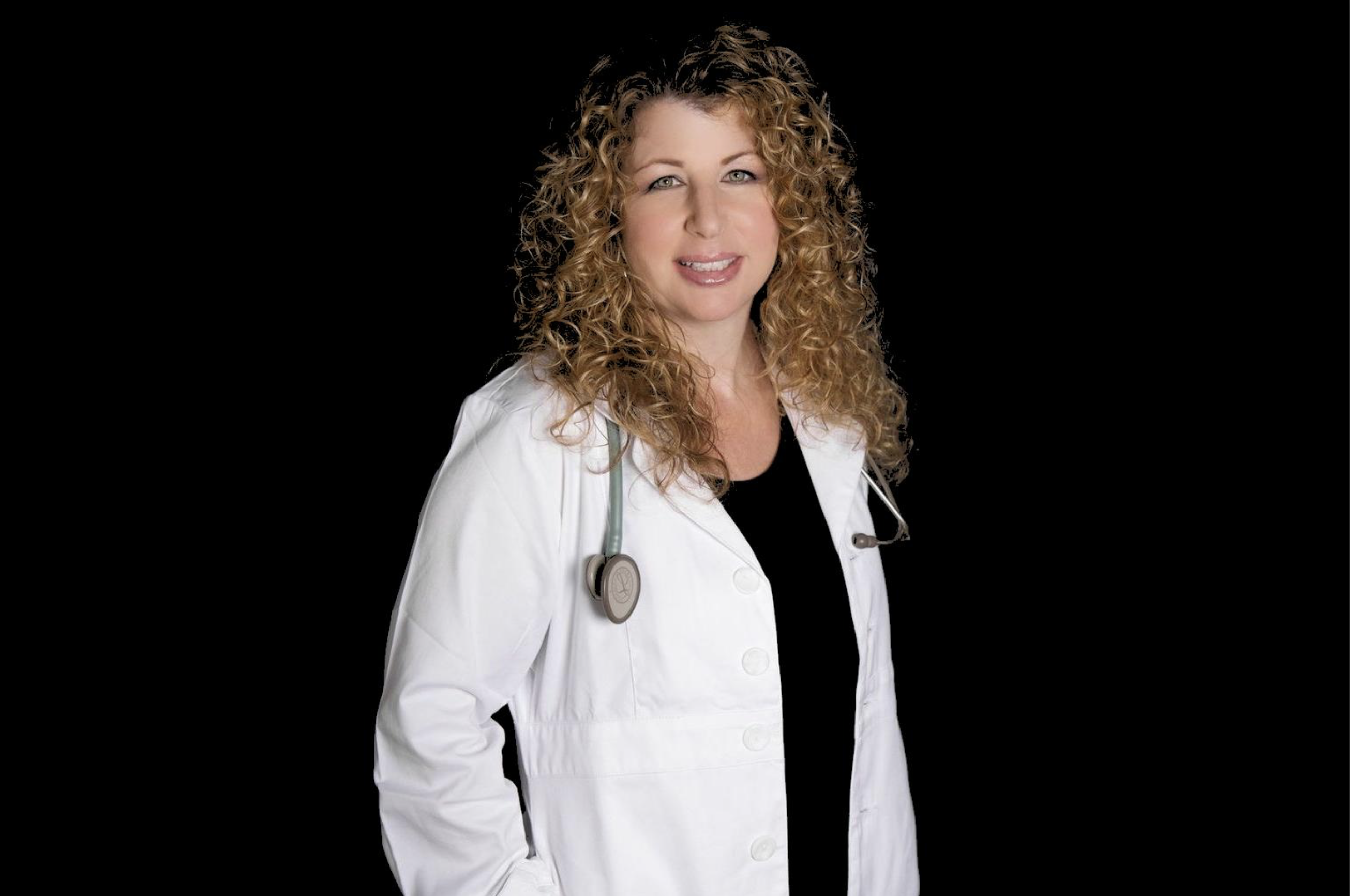Cannabis and Depression
Cannabinoids, including CBD, CBG, and CBDA, interact with the endocannabinoid system, which helps regulate mood, stress response, and emotional balance. Preclinical studies in animals suggest that cannabinoids may reduce symptoms of depression, improve stress resilience and support balanced brain function and communication between brain cells. Clinical studies in humans indicate that cannabinoids may help reduce depressive symptoms. Working with a knowledgeable clinician can ensure safe and effective benefits for depression and other mood disorders.
Martin, Erin L., et al. "Antidepressant and anxiolytic effects of medicinal cannabis use in an observational trial." Frontiers in psychiatry 12 (2021: 729800.; Reuveni, Noa, et al. "The antidepressant and anxiolytic effects of cannabinoids in chronic unpredictable stress: a preclinical systematic review and meta-analysis." Translational Psychiatry 12.12022: 217.; Hasbi, Ahmed, Bertha K. Madras, and Susan R. George. "Endocannabinoid system and exogenous cannabinoids in depression and anxiety: a review." Brain sciences 13.22023: 325.)
